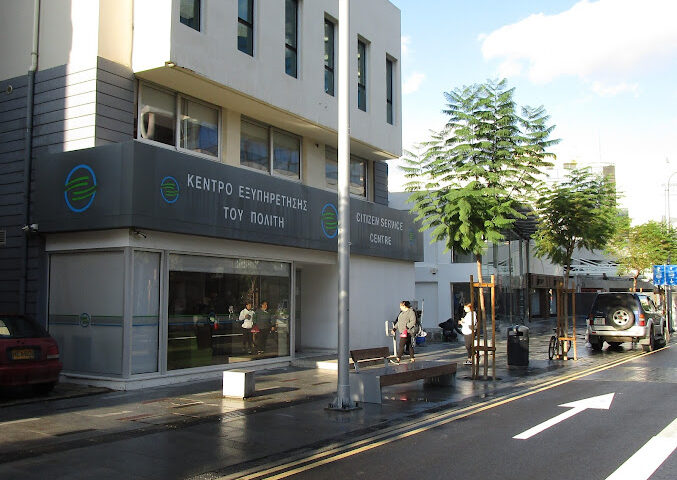Occasionally, we have people writing to our office to complain that in Cyprus, the creation of sinking funds in commonly owned properties (apartments, comprehensive development projects) is not adopted.
We realised there is confusion as to what a sinking fund is.
Common expenses are, as understood by the public, all expenses needed to run or manage a project properly.
Such expenses include electricity, repairs to commonly used services, such as sewage treatment plants, repairs to private roads and streetlights, and management fees for a project by a committee or administration.
This is what is widely understood by the public, and as you are aware, in most cases, even the basic expenses the occupiers refuse to pay.
This creates a huge deficit in the finances of such a common expenses fund, leading in many cases to the shutting down of services, such as the operation of an elevator, running down commonly used green areas, similarly for the pool, repairs to private roads and so on.
A sinking fund is a fund with contributions by all owners to build up a fund of such an amount as to conduct repairs or replacement of equipment and provide money to “rebuild” the project, which, as it can be appreciated, cannot retain their initial standard forever.
Here, we refer to another fund, over and above the common expenses fund, which should (in theory) be kept in a separate account and used when the time comes to carry out the works and major maintenance.
The problem here is that the charges from the basic running of the project will be increased considerably when the sinking fund bill comes into play [be it that there is a difference between the occupiers and the owners].
As a general guide, mechanical installations will require replacement, a major investment over a lifetime or an operational span of around 15 years.
In contrast, for buildings, “replacement” can extend to 20-30 years (time element from the date of installation and erection as new).
So, the two suggested funds are separate since the common fund refers to the daily running of the project for which the expense is charged to the occupiers, whereas the sinking fund is charged to the owners.
The two are related in the sense that if the common fund is not paid and thus the life span of the equipment and buildings is shortened, the owner will be responsible for it.
Then you have another problem: buyers have to pay for a sinking fund for a very short period, not because the common expenses are not properly paid but also because the previous owner does not contribute to the sinking fund.
Thus, a new buyer might have to create a deficit (which is quite unfair).
Still, more importantly, the new buyer/owner will most likely not pay.
In a recent exercise, the total cost of the sinking fund reached double (and more in some cases) the common fund amount depending on the state of repair of the building or project.
Whereas the common fund expenses are placed in a common money pot, that of the sinking fund, depending on the management, the owner’s account should only be credited against theirs due.
Another confusion is the problem with occupiers not paying the common expenses due to differences between the developer and previous owner that did not meet their obligations under their original contract of development and sale.
These funds are two quite different matters, and this adds to the whole mess that we are in, whereas the occupiers not abiding by the general agreement include such matters as “the neighbour is using my parking” (and other serious disputes that we experienced which includes two stabbings and gunshots).
Over our 42 years of experience in running projects, we found such huge differences which emanate from the attitude of residents who interpret their “rights”.
The new (pending) law will address many of the outstanding issues of the common expenses, but there is a long way to go before we see a solution.
The cost and time it takes to resolve such legal disputes in court is in itself off-putting for good management.
By Antonis Loizou FRICS – Antonis Loizou & Associates EPE – Property Appraisers, Property Sellers & Development Project Managers










